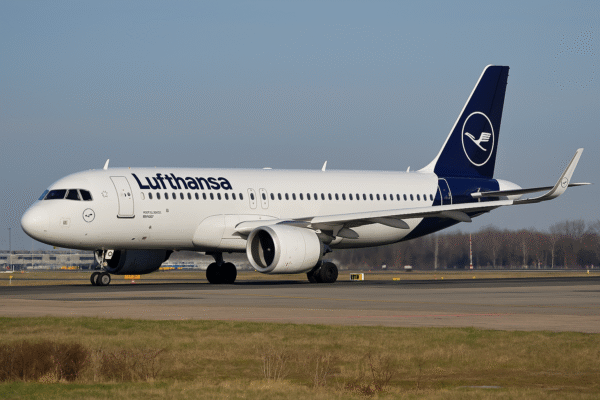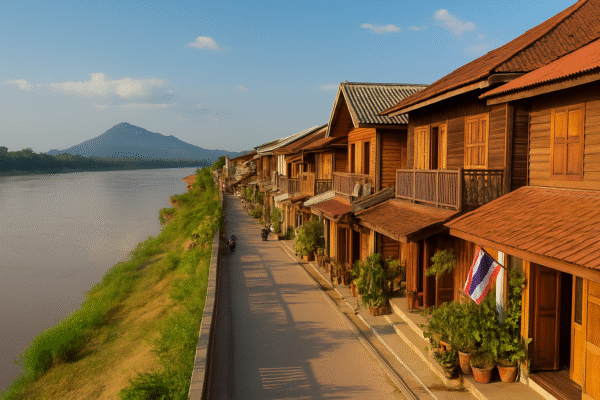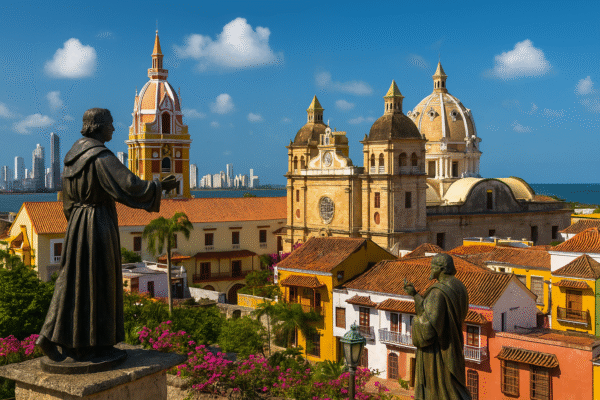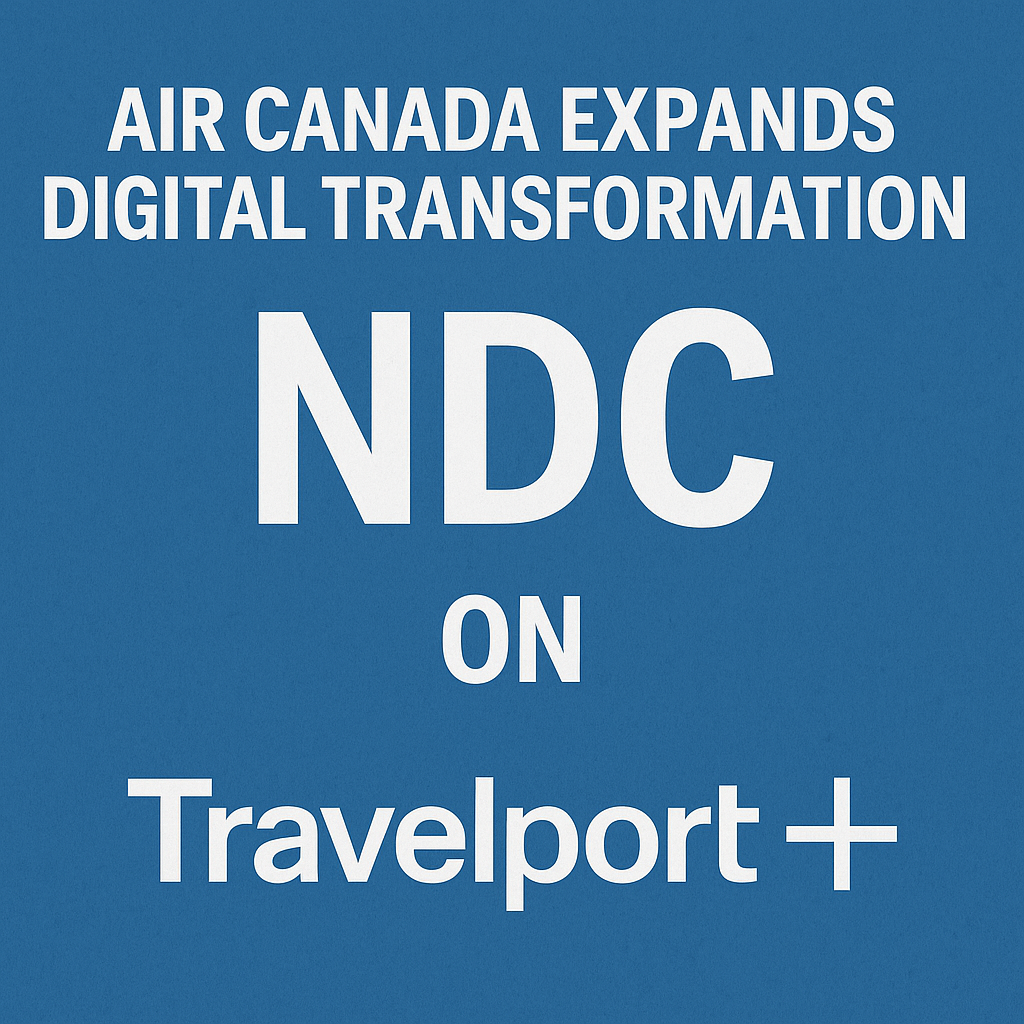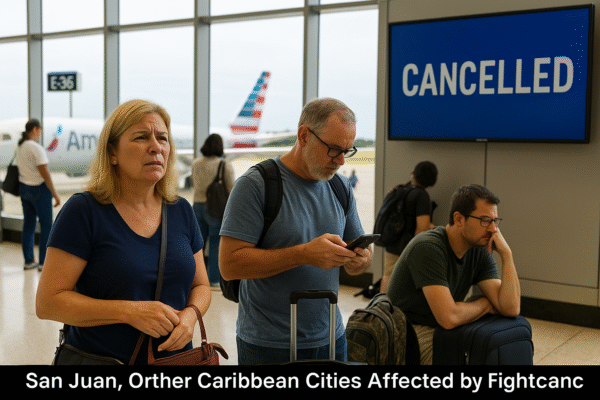Los Angeles, June 2025:
The digital nomad revolution has reached a new milestone. In a groundbreaking travel and work culture ranking for 2025, Los Angeles has emerged as the best city in the world for remote work, beating out heavyweights like Barcelona, Madrid, Montevideo, Ho Chi Minh City, and Santiago. With its unmatched blend of fast internet, vibrant lifestyle, creative communities, and year-round sunshine, LA has positioned itself as the global capital of the remote work era.
According to new findings from Away Holidays, which analyzed remote work infrastructure, event availability, cost of living, internet speed, and digital nomad search volume, Los Angeles scored a perfect 100—setting the benchmark for cities eager to attract the new global workforce.
Why Los Angeles Leads the Remote Work Wave
Los Angeles’ rise to the top isn’t just about Hollywood glamour or ocean views. It’s a strategic result of high-speed infrastructure, urban diversity, and a forward-thinking ecosystem that supports entrepreneurs, creatives, freelancers, and remote professionals.
Here’s what makes LA the standout:
- Internet speed: 269 Mbps average broadband
- Event density: Over 280 cultural and networking events monthly
- Weather: Year-round sunshine and mild climate
- Search volume: One of the highest globally for remote work queries
- Community: A thriving base of coworking spaces, wellness hubs, and startup networks
Though the cost of living is among the highest in North America, remote workers with global incomes or high-value contracts continue to flock to LA, finding inspiration and professional growth amid the city’s creative and tech ecosystems.
Barcelona and Montevideo Close Contenders
Barcelona takes the second spot, holding strong with its signature Mediterranean charm, tech-savvy infrastructure, and affordability compared to other European capitals. With internet speeds averaging 251 Mbps and more than 600 events annually, the Catalan capital remains a favorite among EU-based remote professionals.
At number three is Montevideo, Uruguay’s coastal capital, which may surprise some. With more than 590,000 remote work-related searches, Montevideo reflects a growing interest among digital nomads seeking low living costs, safety, and Latin American culture in a stable environment. Its rise highlights the increasing demand for value-driven destinations.
Asia’s Rising Remote Work Stars
Ho Chi Minh City, Vietnam’s economic hub, ranks fifth globally. Offering an unbeatable cost of living, reliable internet, and a booming coworking scene, it continues to attract freelancers and entrepreneurs from across Asia, Europe, and North America. With nearly 1 million remote work searches and an expanding network of digital hubs, the city’s popularity among nomads is rising rapidly.
Also making headlines is Amman, Jordan (#7), which has seen exponential growth in nomad interest. With a high climate score, growing digital connectivity, and Middle Eastern cultural richness, it offers a refreshing alternative for location-independent professionals looking beyond traditional destinations.
Tokyo: Tradition Meets Tech for Global Workers
Coming in at number eight is Tokyo, Japan’s pulsating capital, where tradition and innovation intersect seamlessly. While the city has a lower climate score due to seasonality, it compensates with:
- Over 500 cultural and professional events per month
- A globally respected transport system
- Top-tier tech infrastructure
- Unmatched hospitality and cleanliness
For creatives, coders, and consultants, Tokyo offers structure, inspiration, and a high standard of living—factors that increasingly matter to long-term digital nomads.
Why Cities Are Competing for Remote Workers
As the remote work model cements itself in global corporate cultures, cities are beginning to view digital nomads as long-term economic contributors rather than transient travelers. These professionals:
- Spend on housing, dining, fitness, and wellness
- Bring global knowledge and cultural diversity
- Create demand for local coworking and startup spaces
- Support year-round tourism and economic resilience
Countries like Spain, Portugal, and Uruguay have already introduced digital nomad visas, offering tax breaks and flexible residency options. Governments worldwide are racing to court this mobile, high-spending demographic.
Remote Work Is Transforming Global Travel
Gone are the days when travel was limited to two-week holidays. Today’s digital nomads often stay for months, embedding themselves in communities, exploring cultural experiences, and contributing economically beyond typical tourism.
They choose destinations based on:
- Connectivity and internet speed
- Affordability and quality of life
- Safety and healthcare access
- Events and networking opportunities
- Cultural richness and local authenticity
This trend is reshaping how cities plan infrastructure, develop marketing strategies, and reimagine tourism.
Looking Ahead: What Makes a Remote Work City “Great” in 2025
Based on the 2025 report, top cities for remote work share a few vital traits:
- Digital readiness: fast, stable internet and tech infrastructure
- Lifestyle integration: access to wellness, culture, and recreation
- Affordability balance: offering value for extended stays
- Community: opportunities for collaboration and connection
- Mobility: efficient transit systems and international access
Los Angeles’ victory is symbolic—it shows that the best city for remote work doesn’t have to be the cheapest or most exotic. It must be connected, dynamic, inspiring, and inclusive.
Conclusion: The New Capital of Work and Wanderlust
In 2025, Los Angeles stands at the forefront of the digital nomad age, offering a compelling mix of opportunity, culture, and quality of life. As the remote work lifestyle matures into a long-term global movement, cities like LA are no longer just homes or holiday spots—they are launchpads for lifestyle freedom.
For travelers, freelancers, and companies alike, the message is clear: the future of work is flexible, international, and increasingly shaped by the cities bold enough to embrace it.
For more travel news like this, keep reading Global Travel Wire



